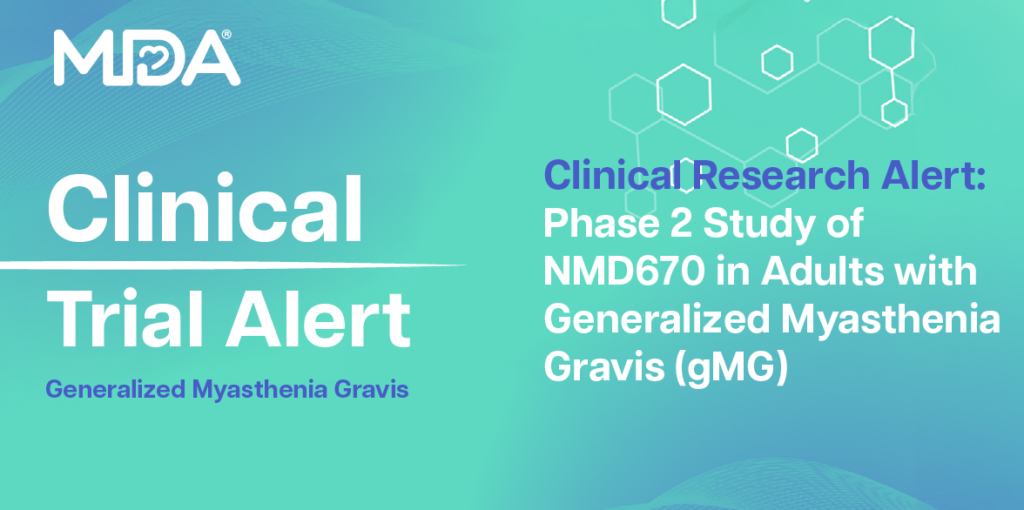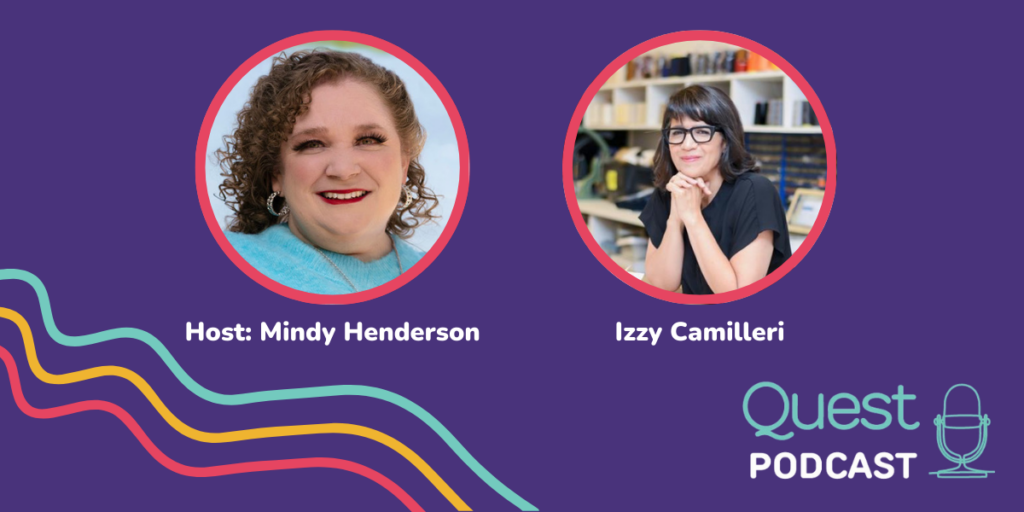
Life with Lily: Advocating for Disability Rights
By Lily S | Tuesday, May 20, 2025
5 Second Summary
MDA Ambassadors play an essential role in furthering MDA’s mission while representing and empowering the neuromuscular disease community. Quest Ambassador Guest Blog series provides a platform to share their personal stories, perspectives, and experience.
Advocacy doesn’t always look bold or dramatic. Most of the time, it’s quiet, messy, and uncomfortable. Long before the first time I ever walked into a Congressional office to lobby my representatives for legislation that would support Americans with disabilities, I was already advocating. I just didn’t realize it. What hadn’t occurred to me was that my entire life spent advocating for myself on a day-to-day basis had prepared me for my most direct and impactful conversations yet.

MDA National Ambassador Lily S.
It began in school. I had to request accommodations, articulate my needs, and advocate for access in environments that were not designed with me in mind. It was often uncomfortable and, at times, profoundly challenging. Yet, I persisted, because remaining silent only compounded the difficulty. I was learning with each experience, stumbling occasionally, but ultimately gaining the confidence to assert myself without apologizing for taking up space.
At work, it’s much the same. Advocacy requires engaging in conversations that are often fraught with discomfort. It involves articulating my needs, asserting my position when others fail to comprehend, and trusting the validity of my lived experience, even when questioned. At times, it feels as though I am repeating myself endlessly. Yet repetition is intrinsic to the process; with each instance, I refine my approach and grow more adept.
With friends and family, it’s deeply personal. I’ve had to talk about things I didn’t always have the words for: why some things take more energy than they seem like they “should”, why sometimes I need people to meet me where I am, why access matters even when it’s invisible to others. These conversations can be exhausting, but they also build connections. They give people a chance to grow and understand, and when they do, the impact is unmatched.
Going to the Capitol on Hill Day brought all of this lived experience to another level. I met with lawmakers, shared my story, and advocated for policies that would impact people with disabilities all over the country. Some intently listened to truly gain a better understanding, and others didn’t. But every meeting was an opportunity. As the day went on, I could feel my voice getting stronger. I wasn’t just speaking for myself; I was speaking for my community.
The moment I was invited onto the floor of the House of Representatives to witness a vote was surreal. It felt like stepping into a space I was never meant to be in, but I was there. I got to see how the process works up close, and I understood in a new way just how important it is for the voices of those living with disabilities to be present in every part of that process.
Since returning, I continue to follow the legislation that we advocated for. But more importantly, I continue to show up in daily life. Advocacy doesn’t start or stop with one event, but rather it’s a constant process. It’s trial and error. It’s learning what works, what doesn’t, and how to keep going anyway. There’s no one right way to do it, there’s just doing.
Each time I speak up, whether for myself or others, my hope is that it paves the way for those who come after me. That, in essence, is the purpose. This has never been about my individual experience; it’s about the broader fight for disability rights. It is about fostering equity, amplifying visibility, and driving lasting change.
Simply put, advocacy is hard, scary, and it can be embarrassing. But those feelings are temporary; the impact is not. In the moments when I want to shrink away, I remind myself that what I’m advocating for is bigger than me. My discomfort is nothing compared to the barriers others still face. If my voice helps even one person feel seen or heard, then it’s worth it.
This is what it means to turn pain into power; to keep learning, keep pushing, and keep showing up, again and again, until something shifts.
Next Steps and Useful Resources
- Read more about your 2024 National Ambassador, Lily, here.
- Read more about Lily’s Advocacy and her Passions.
- For more information about Charcot-Marie-Tooth disease (CMT), a full list of symptoms and causes can be found here.
- MDA’s Resource Center provides support, guidance, and resources for patients and families, including information about exon skipping therapies, open clinical trials, and other services. Contact the MDA Resource Center at 1-833-ASK-MDA1 or ResourceCenter@mdausa.org.
- Browse MDA’s Mental Health Hub.
- MDA’s Resource Center provides support, guidance, and resources for patients and families. Contact the MDA Resource Center at 1-833-ASK-MDA1 or ResourceCenter@mdausa.org
- Stay up-to-date on Quest content! Subscribe to Quest Magazine and Newsletter.
Disclaimer: No content on this site should ever be used as a substitute for direct medical advice from your doctor or other qualified clinician.




